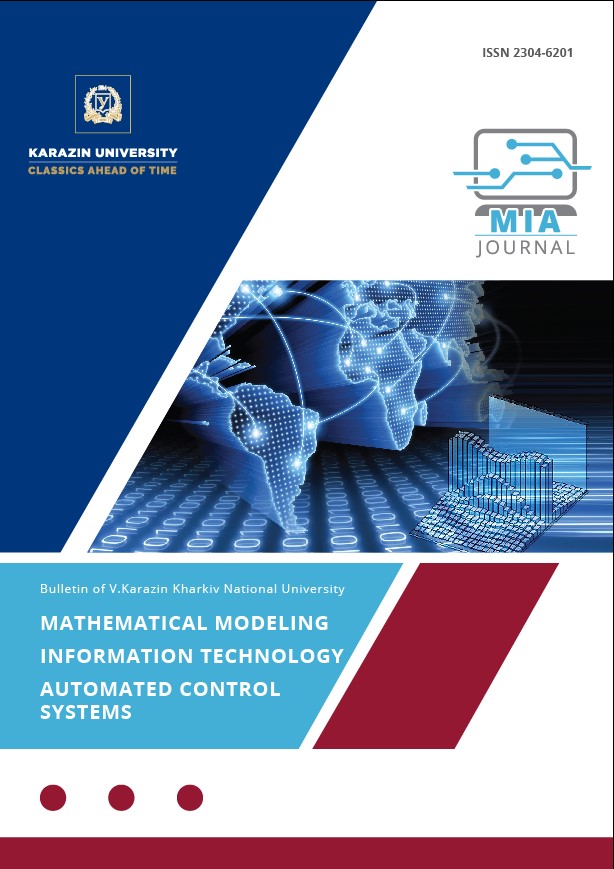Optimization of reliability of complex systems
Abstract
The article proposes a method for optimizing the reliability of a complex technical system considered on an unlimited time interval. The system is updated periodically at scheduled points of control or at the time of system failure with the help of preventive and repair works, which are called controls. It is assumed that the depth of the update depends on the type of work and random. A complex system is composed of simple subsystems. As for the reliability of simple subsystems, their connections are set and can be arbitrary. Therefore, the failure of one or more subsystems does not necessarily lead to the failure of the entire complex system. In each complex system there are a finite number of sets of defined subsystems, the failure of which leads to the failure of the entire system. System failure is undesirable, as system recovery is often associated with large losses. The importance of solving this problem has been noted before and the article proposes the solution. To build a mathematical model it is assumed that there are estimates of the reliability functions of all simple subsystems or their expert evaluations. Based on these estimates and taking into account the observed informative parameters of the subsystems, the reliability function of the complex system and its state are determined. The process of the evolution of the state of the system over time is a random process that allows you to select an embedded Markov chain, selecting time points before applying controls. This chain contains the necessary information for applying the well-known method of optimizing the strategy of applying controls in moments of control. For the implementation of this method all possible controls are listed for the planned control points and for the moments of failure, as well as, their costs and probabilistic characteristics. The algorithm for computing the -optimal strategy is given. It is indicated that, if necessary, you can find the optimal strategy using the more cumbersome Howard algorithm.
Downloads
References
N.S. Podtcykin. A mathematical model for the prevention of complex technical systems. Visnyk KhNU, Seria “Mathematical modelviku. Informacion technology. Automation systems management ”, Vipusk 31, Kharkiv, pp.82-93, 2016.
E.Yu. Barzilovich, Yu.K. Belyaev, V.A. Kashtanov and others. Ed. B.V. Gnedenko. Mathematical theory of reliability issues. - M.: Radio and communication, 1983.
H. Main, S. Osaki. Markov decision-making processes. - M .: Science, 1977.
A.L. Gorelik., V.A. Skripkin. Recognition methods, M.: Higher School, 2004.
U. Rudin. Functional analysis. M .: Mir, 1975.
N.S. Podtcykin. Optimization of the observation period in the Markov decision-making process. Visnyk KhNU, №629, Seria “Mathematical Modeling. Informacion technology. Automation systems management ”, Vipusk 3, Kharkiv, pp. 25-32, 2004.
R.A. Howard. Dynamic programming and Markov processes .: Sov. Radio, 1964.
V.P. Dyakonov. Maple 10/11/12/13/14 in mathematical calculations. - M .: DMK Press, 2011.




